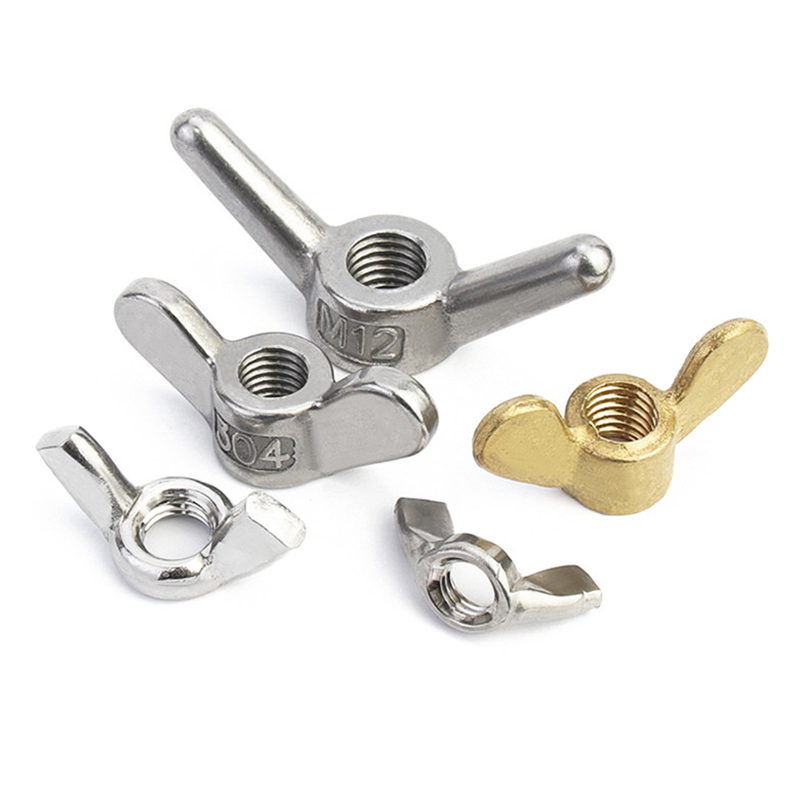

Versatile Flat Washers for Enhanced Stability and Performance in Various Applications
Des . 12, 2024 15:35 Back to list
Versatile Flat Washers for Enhanced Stability and Performance in Various Applications
The Versatility and Importance of Special Flat Washers in Engineering Applications
In the realm of engineering and manufacturing, attention to detail is paramount for ensuring safety, durability, and functionality of assembled products. Among the myriad of fasteners and components used in these processes, special flat washers play a crucial role that often goes unnoticed by those outside of the industry. These seemingly simple components can significantly enhance the performance and lifespan of machinery and structures, making them vital in numerous applications.
What are Special Flat Washers?
Flat washers are circular plates with a hole in the center designed to distribute the load of a threaded fastener, such as a screw or bolt. They are typically made from various materials, including metal, plastic, and rubber, to suit different applications and resistance requirements. Special flat washers are tailored for specific purposes or environments, such as those requiring enhanced pressure distribution, reduced hardware looseness, or improved resistance to environmental factors like corrosion and wear.
Types and Features
Several types of special flat washers exist, each designed to meet particular demands
1. Locking Washers These are designed to prevent axial movement and maintain tension in bolted joints by creating friction.
2. Insulating Washers Made from non-conductive materials, these washers prevent electrical conductivity between bolts and conductive parts, which is especially important in electrical or electronic applications.
4. Fender Washers With a larger outer diameter, these washers distribute the load over a broader area, ideal for soft materials or to cover oversized holes.
Each type of washer serves a unique purpose, underlining the significance of selecting the right variety for each application.
special flat washers

Benefits of Using Special Flat Washers
The incorporation of special flat washers in assembly processes yields numerous benefits
- Load Distribution Flat washers evenly distribute load across the surface, reducing the risk of damage to the joined materials. This load distribution is particularly vital in automotive and aerospace applications where safety is critical.
- Vibration Resistance The use of locking washers can help maintain the integrity of connections in environments prone to vibrations, such as machinery or vehicles. This reduces the likelihood of loosening and potentially catastrophic failures.
- Protection Against Corrosion In harsh environments, such as marine or chemical processing industries, using specialty washers constructed from corrosion-resistant materials (like stainless steel or plastic) can significantly enhance the longevity of the assembly.
- Cost-Effectiveness Investing in the appropriate washers can lead to fewer repairs and replacements, making them a cost-effective solution in the long run.
Applications Across Industries
Special flat washers are used across a variety of industries, from construction and automotive to electronics and aerospace. For example, in construction, sealing washers play a crucial role in roofing applications to prevent leaks and maintain structural integrity. In the automotive industry, locking washers are essential for ensuring that critical components, such as wheels and engine parts, remain securely fastened.
Conclusion
While they may appear trivial at first glance, special flat washers are integral to ensuring the safety and efficiency of countless applications. Their diverse types and specific functionalities allow engineers and manufacturers to address various challenges effectively. By understanding the importance of these components, stakeholders can make informed decisions that lead to improved outcomes in their projects. Investing the time to select the appropriate flat washer can lead not only to enhanced performance but also to long-term savings and reliability in engineering applications.
Latest news
-
Hot Dip Galvanized Bolts-About LongZe|High Strength, Corrosion Resistance
NewsJul.30,2025
-
High-Strength Hot Dip Galvanized Bolts - Hebei Longze | Corrosion Resistance, Customization
NewsJul.30,2025
-
Hot Dip Galvanized Bolts-Hebei Longze|Corrosion Resistance&High Strength
NewsJul.30,2025
-
High-Strength Hot-Dip Galvanized Bolts-Hebei Longze|Corrosion Resistance&High Strength
NewsJul.30,2025
-
Hot Dip Galvanized Bolts-Hebei Longze|Corrosion Resistance&High Strength
NewsJul.30,2025
-
Hot Dip Galvanized Bolts - Hebei Longze | Corrosion Resistance, High Strength
NewsJul.30,2025

